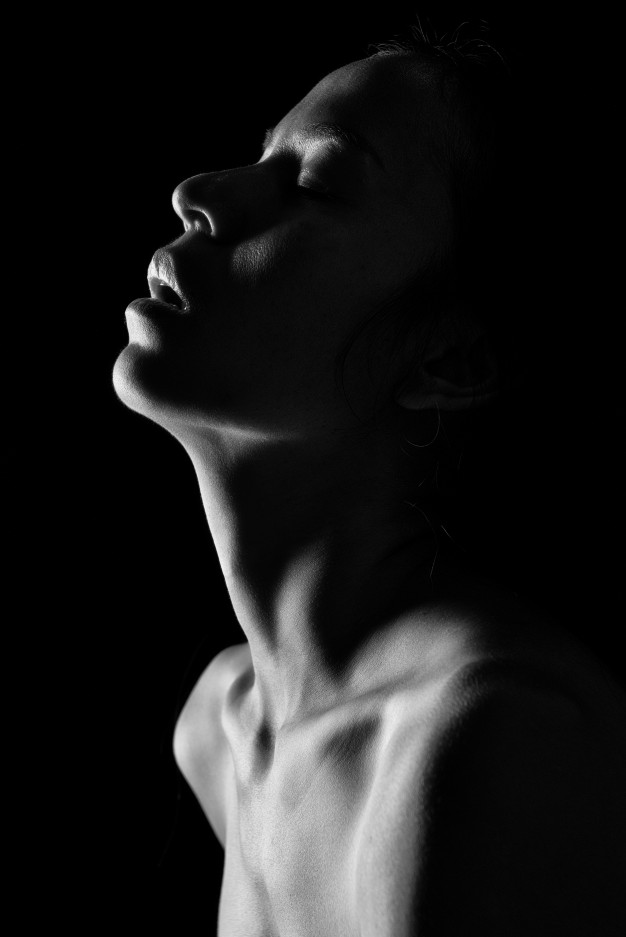The bulk of my years as an impressionable teenage girl was spent in a beautiful little bubble in the form of an all-girls’ school. It was loud, and it was chaotic — which was to be expected from a place filled with awkward teenagers on a path of discovering their identities, their voices, and what the hell was happening to their bodies — but in all the best possible ways. We were privileged. In the classroom, it was pretty much ‘anything goes’. We could talk about whatever, really — politics, mental health, sexuality.
We debated about anything — politics, mental health, sexuality, sometimes whatever ridiculousness we chose — and on hindsight, some of our arguments, as 13- to 16-year-olds, must have sounded silly, but not once did the teachers rebuke or impose their opinions on us. Instead, we were probed on why we thought the way we did. And when we felt too shy or embarrassed by our ideas, we were told to simply speak up. There was never a right or wrong question, answer. It was a beautiful bubble, made so safe for us to slowly come into our own skin. It nurtured security, confidence and a fire within us.
Equal parts heartbreaking and uplifting, this book had me in tears and humbled within its first 30-odd pages. In one book, Melinda has masterfully managed to combine science, data, storytelling, humanity and Christianity. I love that she explains how the Bill and Melinda Gates Foundation first got into women’s rights and family planning. I love that she is so unapologetically emotional and vulnerable about both her personal experiences and the depth of empathy she feels towards the beneficiaries. And I absolutely love how she admitted to her experience with being caught between her work at the Foundation and her Catholicism/Christianity.
Truth be told, I had always hesitated to identify as a feminist, not because I do not believe in woman’s rights but more because I always felt it too reductionistic about the core values that drive me to be among other things, ‘feminist’. I believe in equal rights, but not just for women. I believe in equal rights across gender, race, culture, nationality, in equal access to healthcare, education, sanitation, opportunity. Of all these things I stood for, feminism seemed to me just one small part. But watching Melinda explore the Foundation’s stance shift from attempting to efficiently alleviate global issues (e.g. poverty, hunger, education) to realising the immense role that women play in achieving those goals, I realised the importance of feminism. I realised I’d been too caught up in the big picture. And, echoing the same theme from my previous post, I realised my privilege.
When I read about the women whose entire being screamed resignation and defeat, it absolutely broke me. It made me realise that the reason why some communities, societies, were not moving forward at all was this: their culture had shamed, abused and hurt 50% of their population into silence and submission. Essentially, that meant losing half of the good ideas and productivity they could’ve had, half of the force that could’ve leveraged on into progress. It was as frustrating as it was sad. But, it was also healing to see what little kindness and empathy it took to restore a woman’s strength and will and faith. It was inspiring, empowering, to see how broken people could band together to make a new whole, how their collective hurt actually made them more resilient.
It shattered me to read about the village who thanked a doctor for simply treating the dead body of one of their villagers with respect, even though he had failed to save her on the operating table. That they were so grateful for the very basic treatment and right we take for granted, alerted me to how much more there is to do for the world when it comes to inequality, when it comes to advocating, really, for basic human decency.
I could go on and on about how this has completely transformed my outlook on how well we are doing as a global society, but it would never do this book any justice. So, here are some quotes that have stuck with me.
- Love is the most powerful and underused force for change in the world. […] For me, love is the effort to help others flourish — and it often begins with lifting up a person’s self image.
- All of us have to let our hearts break; it is the price of being present to someone who is suffering.
- From those to whom much is given, much is expected.
- Tradition without discussion kills moral progress.
- The supreme goal for humanity is not equality but connection.
Let’s be a little kinder to one another, and hope tomorrow will be better.

